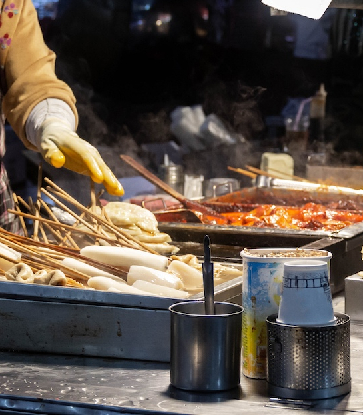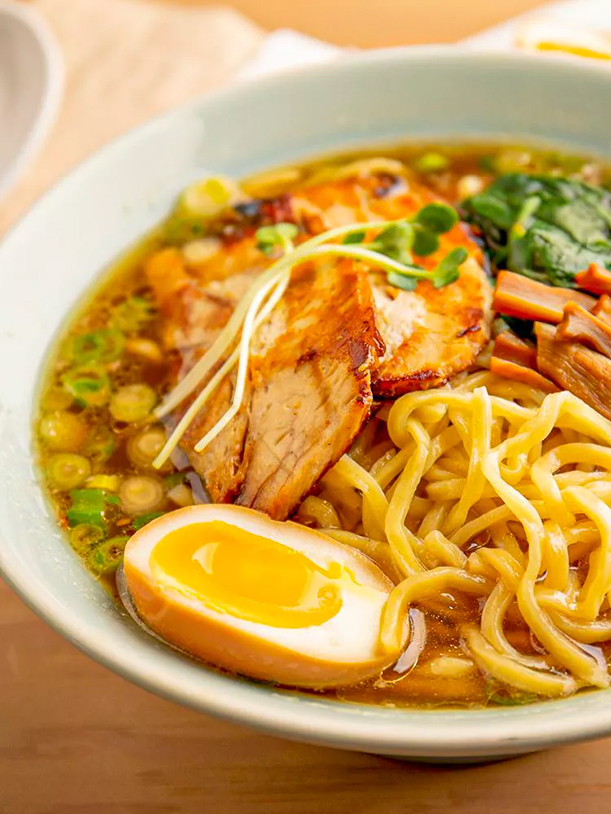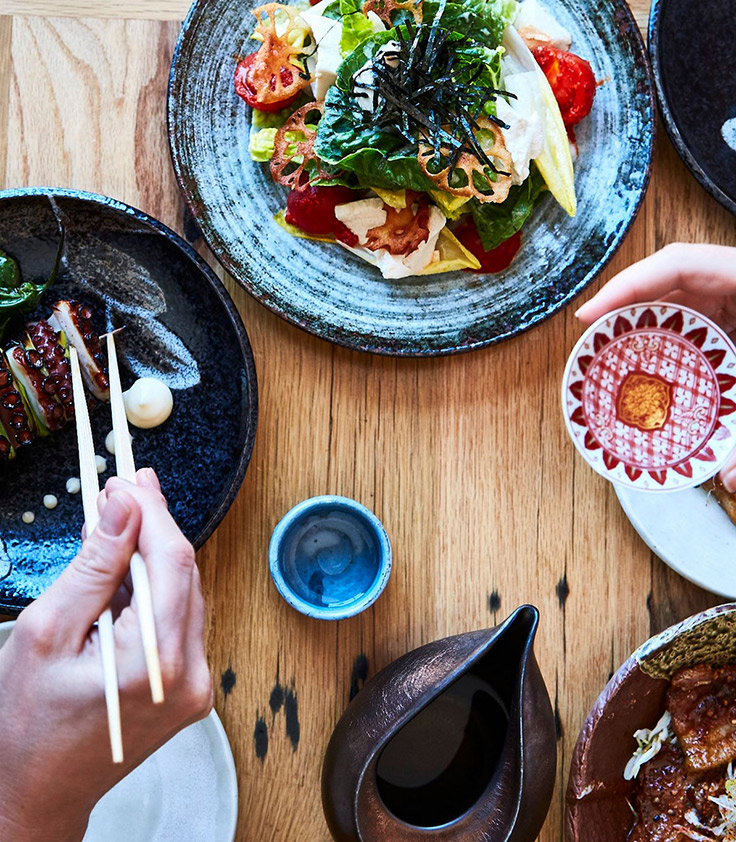Kaiseki—in the simplest of terms—refers to a multi-course Japanese meal. However, depending on the kanji used to write the word, it can be further defined as either a simple multi-dish meal served as a prelude to enjoying a few cups of matcha, or a more elaborate meal accompanied with sake and ending with a simple tea service.
Omakase, another multi-course Japanese meal, is sometimes incorrectly used interchangeably with kaiseki. With omakase, the upcoming courses can be adjusted to suit the diner depending on their reaction to the food, whereas kaiseki is a prescribed set of courses that is dependent on the seasonal produce.

READ MORE: Toru Okuda Opens His First NYC Outpost Today
Often considered to be the haute cuisine of Japan, kaiseki traditionally consists of nine courses (though one can find variants with anywhere from six to 15 courses). Each course is defined by a particular cooking method, and typical courses may include:
- Sakizuke: similar to the French amuse bouche, this first course is usually something pickled to whet the diners' appetite for the courses to follow
- Hassun: this course marks the seasonality of the meal
- Suimono: a soup course made with a dashi broth base; it is revered as the most important course in a kaiseki sequence—and the mark of a chef’s ability
- Tsukuri: a sashimi course
- Yakimono: a grilled course
- Takiawase: a simmered dish, typically of vegetables mixed with some meat
- Shokuji: a rice course (gohan), served with miso soup and pickles
- Mizugashi or Mizumono: a platter of Japanese sweets or fruits
You can find an amazing kaiseki meal at a number of places in the United States, from Wakuriya in San Francisco, to the recently opened Okuda New York.
A version of this article originally appeared on the Michelin Guide Singapore website.





















